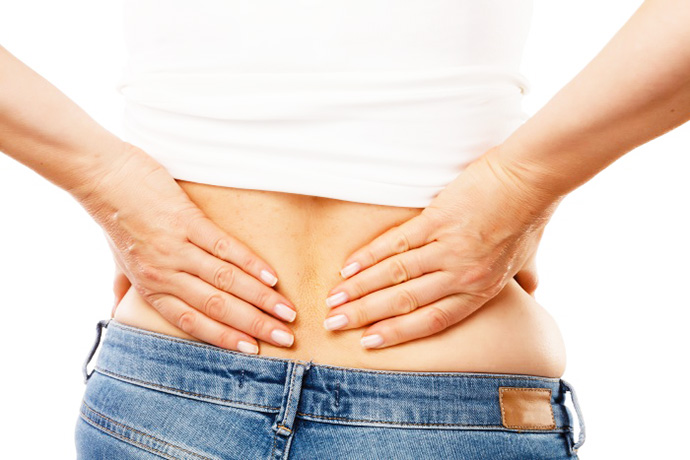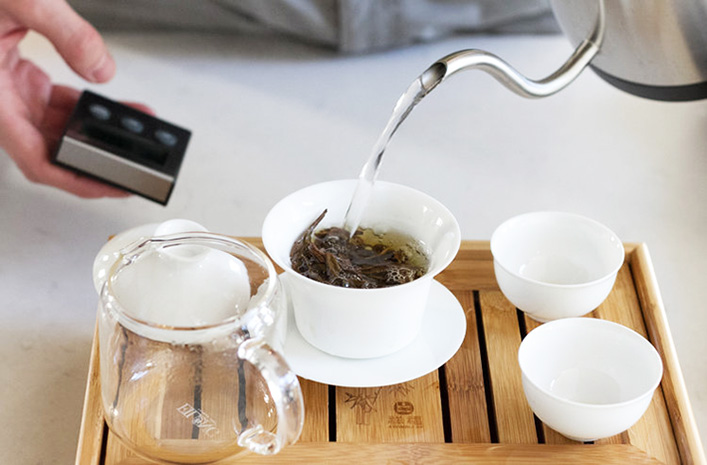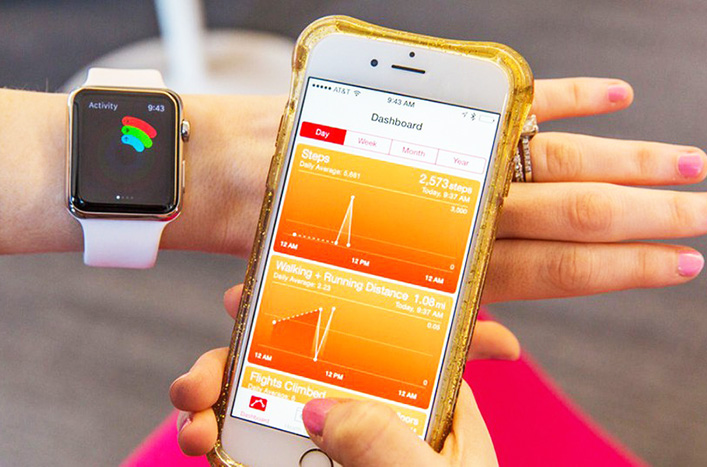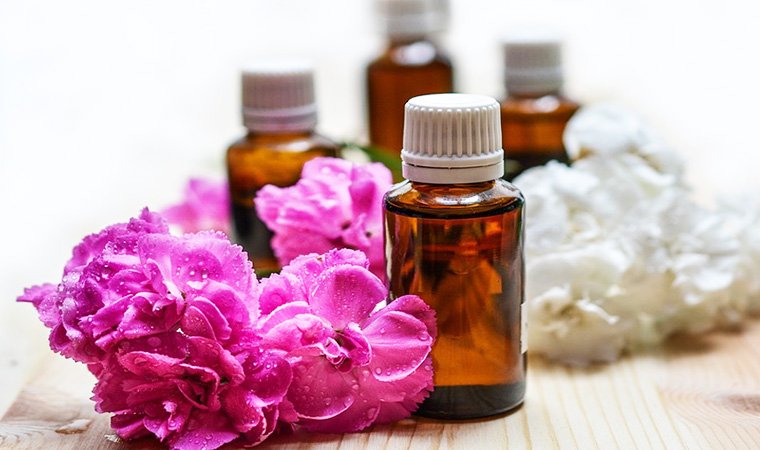To date, there are more than 100,000 apps for mobile devices such as smart phones and tablets that are geared towards health-conscious individuals. While it’s apparent that their developers created them with the wellbeing of the consumers in mind, actual doctors are wondering if these health apps are actually good for everyone’s health.
The problem with most of today’s health apps is that some of them are simply too ambitious — to the point that they make it seem as though they could replace visits to the doctor’s office. Because of the fact that most smartphone users these days are leading extremely busy lives, it’s apparent that having a health app on one’s trusted device is a time- and money-saving stratagem.
Unfortunately, it’s important for anyone who puts his or her trust in health apps to know that just about anyone can come up with a health app — someone who knows how to write codes and debug can whip up a legit looking app and then put it on the market to be downloaded and run by health-conscious mobile device users.
Majority of health apps out there are those that are used in conjunction with gadgets such as smartwatches, fitness bands and pedometers. The fact is many of them can actually help users to monitor the number of steps they have taken and approximate the amount of calories they have burned in a day, although it’s important to note that having inaccuracies in data provided is sometimes not the fault of health apps themselves but the health-monitoring devices synced to them.
Then there are health apps, too, that simply provide figures without taking into consideration certain factors that can make what’s commonly perceived as abnormal a completely normal reading.
Take for example a health app for monitoring one’s blood pressure — it’s not unlikely for it to inform the user that he or she is suffering from high blood pressure because of a reading that’s higher than 120/80 mmHg. The health app fails to consider the fact that having spikes in the blood pressure is something that is completely normal during exercise or while the individual is experiencing anxiety — an elevated blood pressure during such case is not synonymous with high blood pressure or hypertension that warrants treatment.
It’s exactly for this reason why doctors deem that some people are overmedicated — what’s completely normal can be easily perceived as something abnormal that requires popping a pill in the mouth.
Recently, there are some health apps that came into being designed to determine a consumer’s risk of having skin cancer via a snapshot a part or section of the skin that looks questionable. Some of these apps make a diagnosis with the help of algorithms that look for photos online matching the image taken by the health app user. If it looks like skin cancer, then it must be skin cancer — basically, this is how these health apps come up with a conclusion.
Some of them actually send uploaded photos to skin care experts, and obviously they’re not free of charge — each time they are used, it’s just like paying a dermatologist a visit.
But despite of this, studies have shown that misdiagnoses are rampant. Some results may say that a perfectly benign growth is cancerous, while some may conclude that a totally cancerous growth is nothing to worry about.
For the most part, these health apps are simply turning health-conscious mobile
device users into hypochondriacs, or people who constantly worry about their
health. It’s not unlikely for them to cause unnecessary anxiety, which is something
that can leave a person stressed out — we all know that chronic stress is
associated with a lot of complications!Indeed, user discretion is
warranted when it comes to the use of health apps for mobile devices. To date,
none of them can replace a trip to the doctor’s office for the individual to be
assessed as it’s meant to be done.








